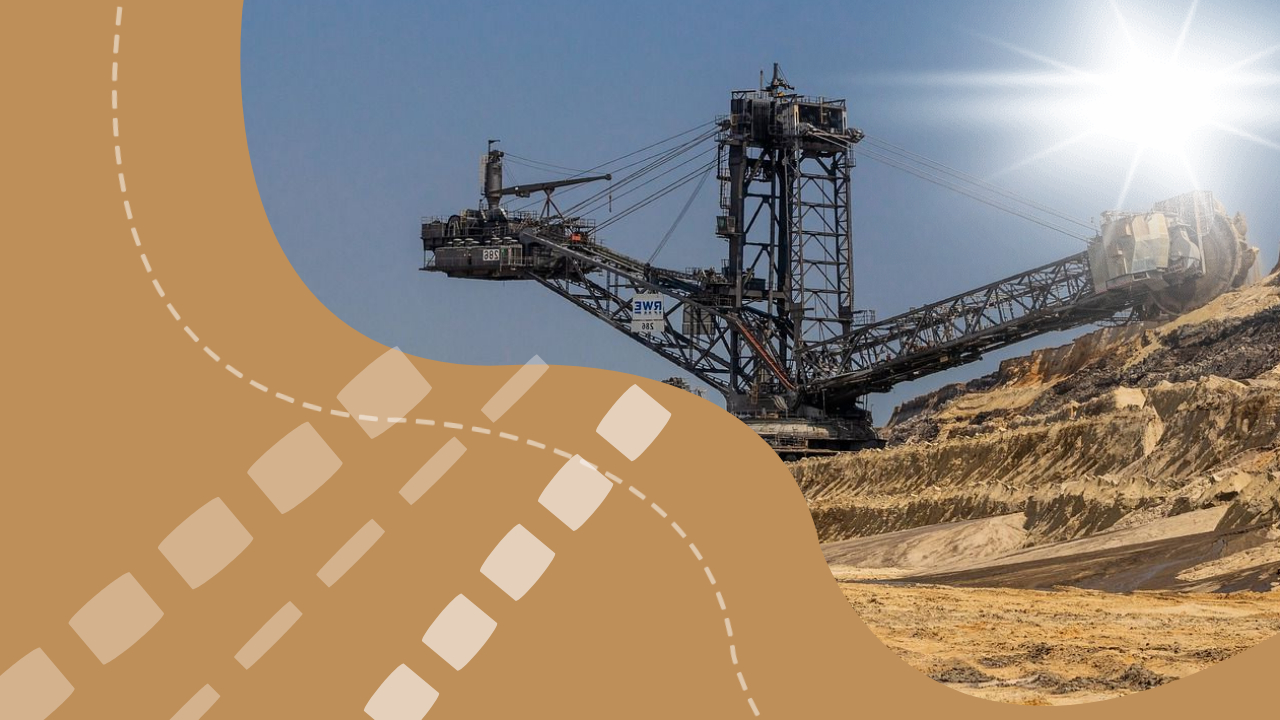At the World Climate Summit, the President of the Republic of Kazakhstan called not to require developing countries to sacrifice national development in the name of climate protection
Today, almost half of the world’s population lives in regions that are highly dependent on climate change, Kassym-Jomart Tokayev noted in his speech at the Summit of the 28th Conference of the Parties to the UN Framework Convention on Climate Change (COP 28) in Dubai on December 1.
“Small island developing states, landlocked developing countries and least developed countries are at greatest risk,” the President of the Republic of Kazakhstan emphasized.
Kazakhstan became the first country in the region to ratify the Paris Agreement and adopt the Carbon Neutrality Strategy until 2060, the speaker recalled. “Our country has enormous potential for the development of wind and solar energy, as well as for the production of green hydrogen. We will continue to work closely with our partners to unlock this potential. As a leading exporter of uranium, accounting for 43% of the world’s supply, we play a critical role in generating carbon-free electricity on a global scale,” Tokayev said.
As the world decarbonizes in the coming decades, critical minerals, including rare earths, will become irreplaceable, the president emphasized. “Kazakhstan is ready to become the main supplier of these transition minerals. We also actively support private green initiatives. For example, the Association of Packers of Kazakhstan is working on projects to get rid of plastic waste, contributing to environmental protection. I think it is principled and fair not to demand that countries with developing economies sacrifice national development and modernization in the name of climate protection. On the contrary, these goals should go hand in hand and reinforce each other. “Bold steps are needed,” Kassym-Jomart Tokayev expressed his opinion.
Reducing methane emissions is the fastest way to slow down the rate of global warming, the speaker recalled and said that Kazakhstan has decided to join the Global Commitment to Reduce Methane Emissions. “At the same time, we strive to solve the large-scale coal problem in the countries of our region by implementing the region’s first Just Energy Transition Partnership (JETP) in Kazakhstan. For both these initiatives to succeed, we call on our friends and partners to provide concrete support,” he said. “More broadly, we hope that the international community will increase its commitment to increasing climate finance. But financing is only the first obstacle. Even if we manage to limit global temperature rise to 1.5 degrees by 2050, Central Asian countries will still face a temperature rise of up to 2.5 degrees. This will lead to water shortages, extreme heat, desertification and extreme hydrological events. Therefore, adaptation is inevitable and necessary.”
As a concrete measure, Tokayev called for more funds to be allocated to support the International Fund for Saving the Aral Sea, adding that Kazakhstan will take over the chairmanship of the fund next year and hopes to involve all partners in solving this problem.
“Based on the successful results of COP 28 held this week, I invite participating states to the Astana International Forum in June 2024. The forum can serve as a dialogue platform for continued focused cooperation on pressing climate-related issues until COP 29,” Tokayev addressed the audience and summed up the speech: “To give impetus to climate action in Central Asia, we also decided to convene a Regional Climate Summit in Kazakhstan in 2026 under the auspices of the UN. The climate emergency is a global crisis that requires a global response. We have a shared responsibility to preserve our planet and ensure a sustainable future for everyone. Kazakhstan firmly believes that only collective action and cooperation will help us solve the climate crisis.”

